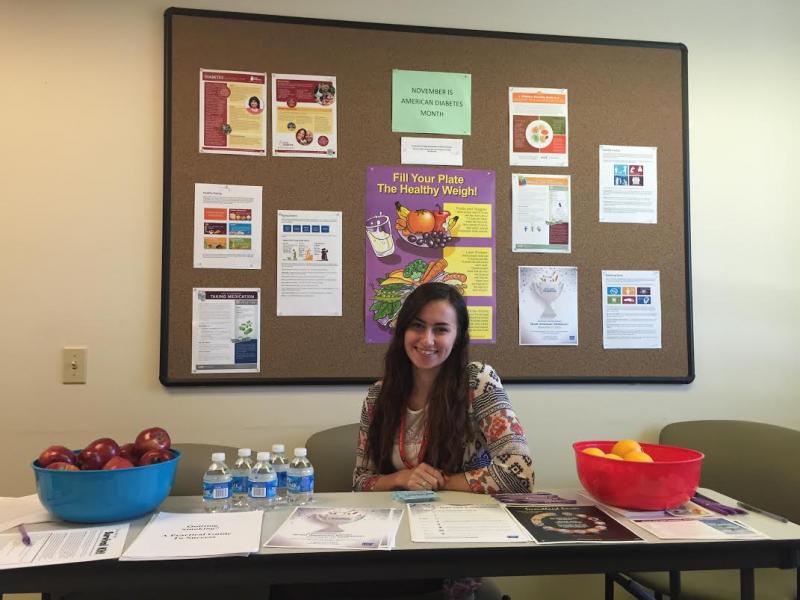Picking Up the Pieces: Integrated Care as an Alternative to Current Fragmented Healthcare
I always had difficulty with finding activities and organizations to be a part of, mostly because I questioned whether or not I was impacting my community or planet in any measurable way. Two years ago, I joined an organization called Global Brigades, which I believed to be shaping sustainable international development. That organization had a holistic model for international sustainable development, meaning it not only considered the development of infrastructure within communities, but also took into consideration how different disciplines such as medicine, environment, and business, came together to support the community. I saw how well this holistic model worked internationally, and it drove my passion to bring holistic community development to my local community as well. Serving at the Pittsburgh Mercy Family Health Center (PMFHC) through the Pittsburgh Health Corps has allowed me to do just that; explore how a holistic approach to healthcare (also called integrated care) may be the best alternative to the conventional, progressively stressed healthcare system in America.
A holistic approach to healthcare means treating the whole person – mind, body, and spirit – in a coordinated manner, something PMFHC excels in and continues to improve upon. The health center is closely associated with Mercy Behavioral Health Center; many patients that are referred to our clinic are being seen for various behavioral healthcare services already. Naturally, this partnership allows for bridging the gap between mental and physical health within the healthcare system. Within my role as Health Navigator at PMFHC is informing healthcare providers of what mental health services their patients receive, allowing the health center visit to better encompass all of a patient’s health needs, including ones beyond their physical ailments. I have seen positive responses from many patients who were eager to make small incremental changes in their habits because they recognized that they feel better – physically and mentally – when they do; many want to continue the trend! It is shocking to consider that people with mental illness on average die 25 years before those without mental illness; generally, from chronic diseases that either could have been prevented or better managed. This fact really should encourage all of us going into health related fields to see how mental health is inextricably linked to physical health. In my three months at PMFHC, I have enjoyed serving in an environment that recognizes that link and offers services to empower overall community health and wellbeing.

Among the many extra services provided by PMFHC are links to social services, housing assistance, and advance directives. It always impresses me how persistent PMFHC is with tracking down services for our vulnerable population of patients. I have been working to locate nutritionists and diabetes support groups for patients who may struggle to find these resources on their own. Furthermore, PMFHC is attentive to the needs of our often homeless and underserved population by reaching out to those patients to get them to the healthcare center. I often assist with reminder calls for patient appointments and coordinate referrals to specialists keeping the patients in every step of the process to best accommodate them. Additionally, I have facilitated smoking cessation week at PMFHC during the American Cancer Society’s Great American Smokeout to encourage our patients to move closer towards quitting smoking. Once the week was over, however, I knew that I along with PMFHC, would continue to provide preventative health services and integrated care to our patients. I believe that health thrives through sustainable practices implemented both by health centers as well as individuals, which is exactly what PMFHC aims to do and encourage. I cannot wait to continue my endeavor with the Pittsburgh Health Corps to see how I can continue impacting my community!